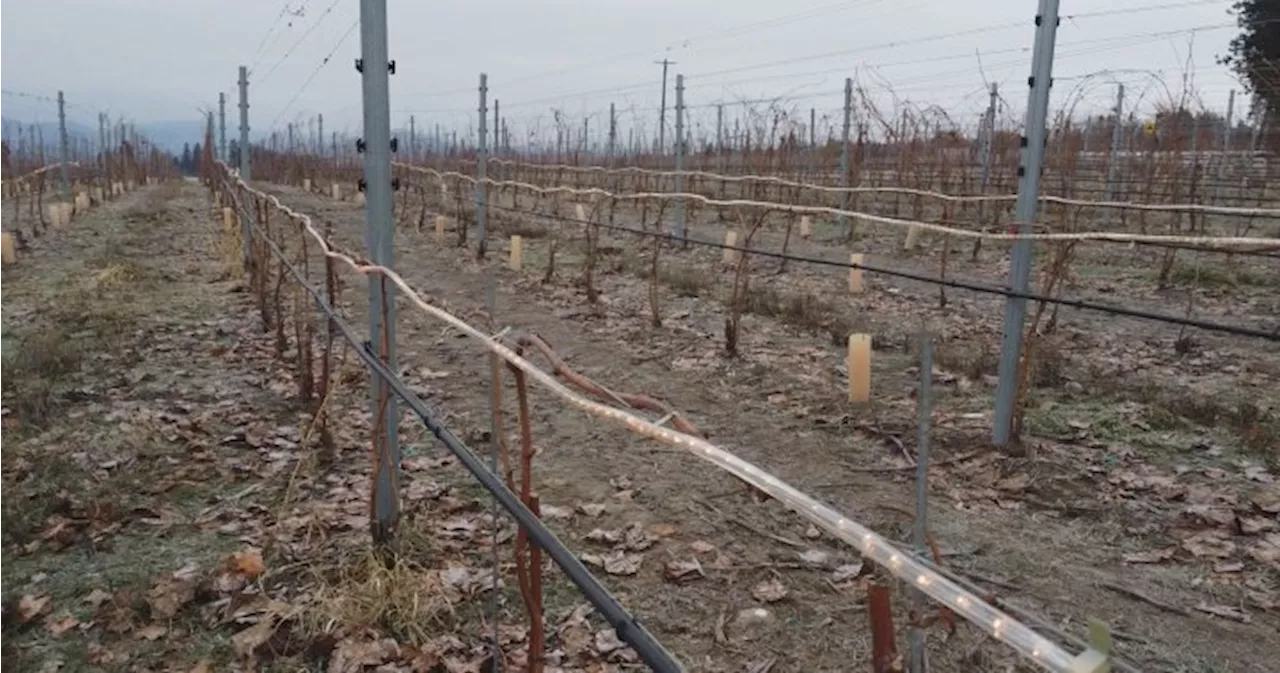Quails' Gate Winery in West Kelowna utilizes infrared technology to protect its vines from freezing temperatures, aiming to ensure a healthy harvest. The technology directly heats the vines, raising their temperature by 6 degrees Celsius compared to the surrounding air. This innovation addresses the concern of bud damage caused by extreme cold snaps.
Quails' Gate Winery in West Kelowna is experimenting with innovative infrared technology to safeguard its vines from extreme cold temperatures. This system, designed to directly heat the vines rather than the surrounding air, aims to elevate the vines' temperature by approximately 6 degrees Celsius compared to the ambient air. This increase is crucial in preventing bud damage and ensuring a healthy harvest.
Rowan Stewart, Quails' Gate's winemaker, explained that the technology can effectively raise temperatures above the critical freeze point, mitigating the risk of significant bud loss. He highlighted that temperatures below -24 degrees Celsius typically result in 50% bud death, escalating rapidly to 100% at lower temperatures. By warming the vines to -20 degrees Celsius or higher, Stewart believes they can significantly protect their harvest.The infrared technology represents a substantial investment, costing between $10,000 and $20,000 per acre. However, Stewart emphasizes that this is a one-time expense, excluding routine maintenance, and its financial benefits will accrue over time. He stated that saving a single crop compensates for the initial investment, while the quality of wine produced further enhances the return on investment. The BC Grape Growers Association reports that wineries throughout British Columbia are actively exploring various solutions, both national and international, to address the growing threat of cold-induced bud damage.Michael Kullmann, representing the BC Grape Growers Association, acknowledges the urgency of finding effective strategies to combat climate change's impact on grape cultivation. While he recognizes that a definitive solution might not emerge immediately, he emphasizes the need for wineries to develop greater resilience and adaptability to fluctuating climatic conditions. Kullmann also stresses the importance of carefully evaluating the suitability of new technologies for British Columbia's unique wine-growing environment, considering the extreme temperature variations experienced throughout the year, ranging from -25 degrees Celsius in winter to 45 degrees Celsius in summer
Agriculture Winemaking Climate Change Infrared Technology British Columbia
Canada Latest News, Canada Headlines
Similar News:You can also read news stories similar to this one that we have collected from other news sources.
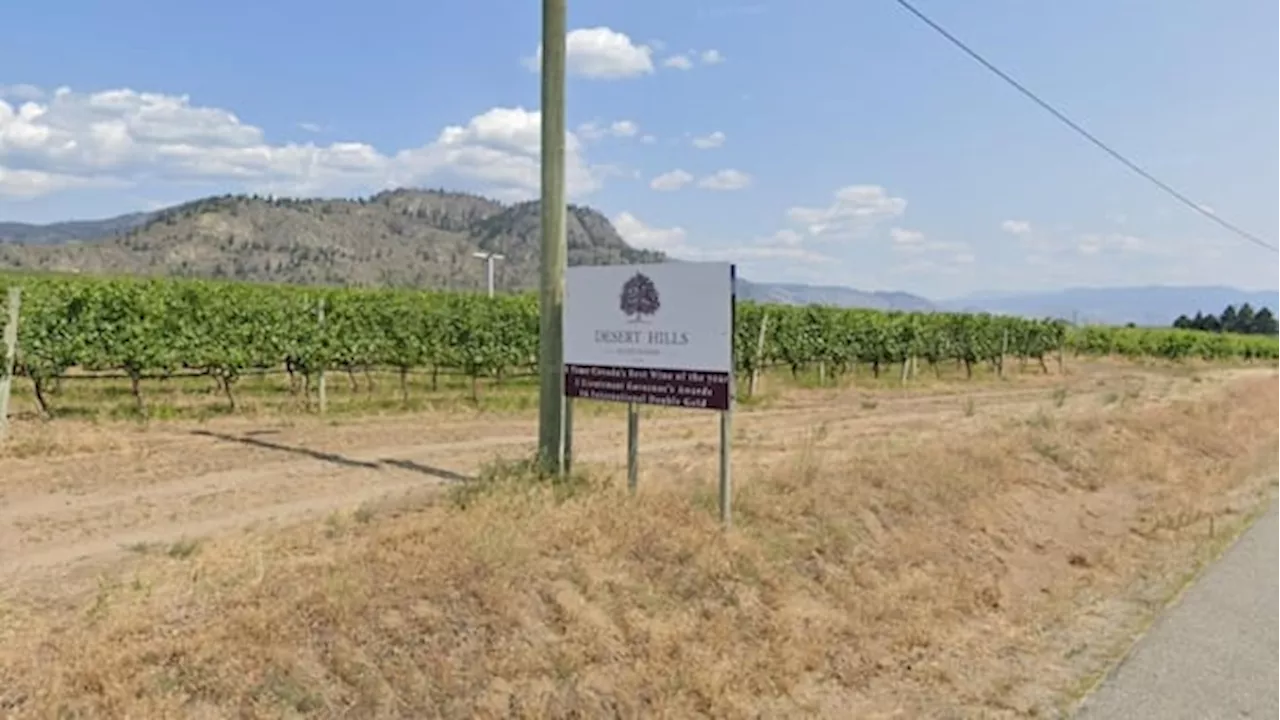 B.C. winery fined $118K and permanently banned from temporary foreign worker programDesert Hills Estate Winery shown in a Google Street View in 2023.
B.C. winery fined $118K and permanently banned from temporary foreign worker programDesert Hills Estate Winery shown in a Google Street View in 2023.
Read more »
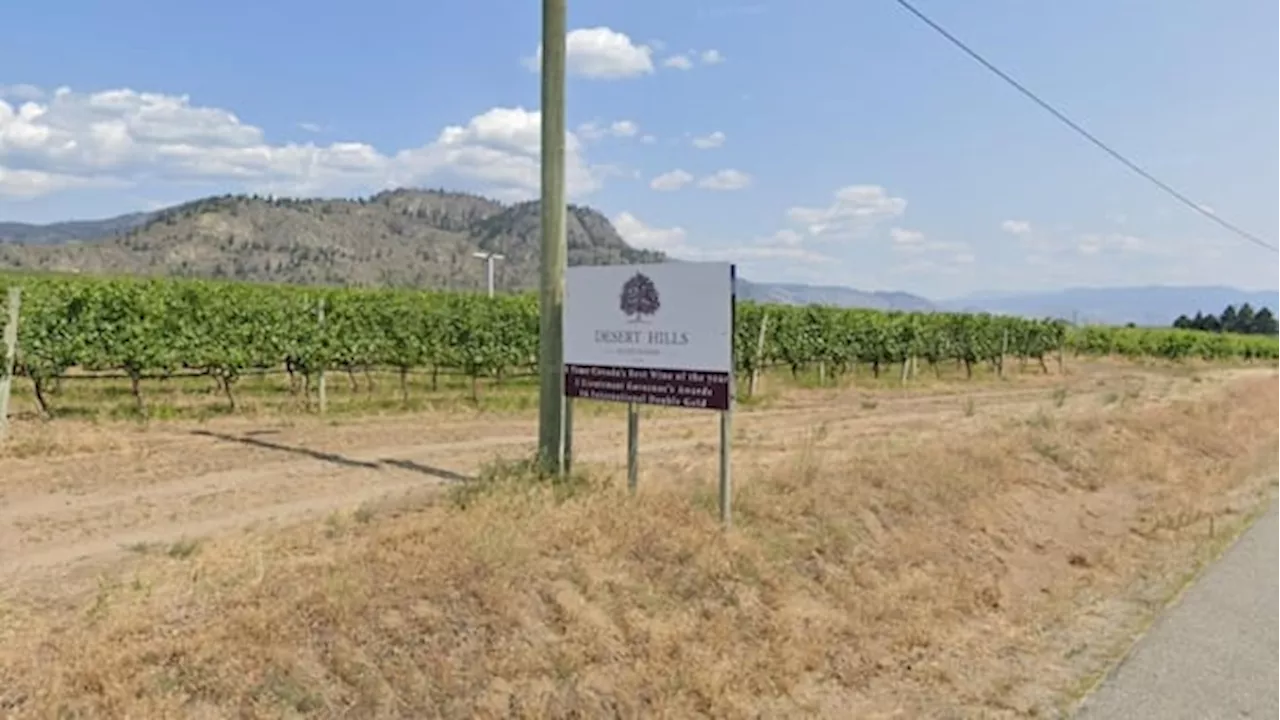 B.C. Winery Fined and Permanently Banned from Hiring Temporary Foreign WorkersDesert Hills Estate Winery in Oliver, B.C. has been permanently banned from hiring temporary foreign workers and fined $118,000 for violating the Temporary Foreign Worker Program (TFWP) regulations. The winery was found to be non-compliant with regulations regarding workplace safety, worker documentation, and pay and working conditions.
B.C. Winery Fined and Permanently Banned from Hiring Temporary Foreign WorkersDesert Hills Estate Winery in Oliver, B.C. has been permanently banned from hiring temporary foreign workers and fined $118,000 for violating the Temporary Foreign Worker Program (TFWP) regulations. The winery was found to be non-compliant with regulations regarding workplace safety, worker documentation, and pay and working conditions.
Read more »
 B.C. Winery Banned From Hiring Foreign Workers After Abuse AllegationsToor Vineyards in the Okanagan Valley faces a permanent ban on hiring foreign workers and a $118,000 fine for failing to protect workers from abuse and breaching program rules.
B.C. Winery Banned From Hiring Foreign Workers After Abuse AllegationsToor Vineyards in the Okanagan Valley faces a permanent ban on hiring foreign workers and a $118,000 fine for failing to protect workers from abuse and breaching program rules.
Read more »
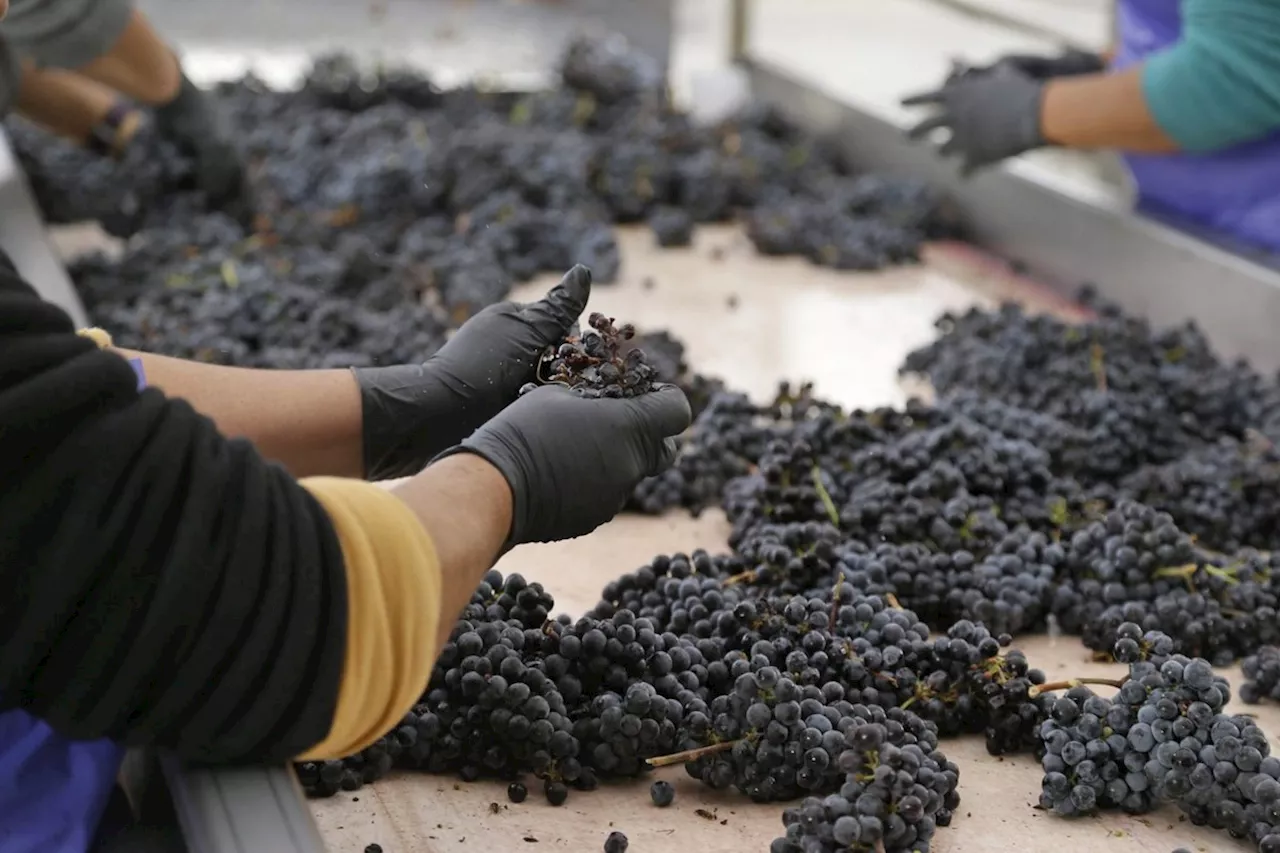 B.C. Winery Permanently Banned From Hiring Foreign WorkersToor Vineyards has been permanently banned from hiring foreign workers and fined $118,000 for violating program rules. The decision was made by Immigration, Refugees and Citizenship Canada due to concerns about worker protection and inadequate working conditions.
B.C. Winery Permanently Banned From Hiring Foreign WorkersToor Vineyards has been permanently banned from hiring foreign workers and fined $118,000 for violating program rules. The decision was made by Immigration, Refugees and Citizenship Canada due to concerns about worker protection and inadequate working conditions.
Read more »
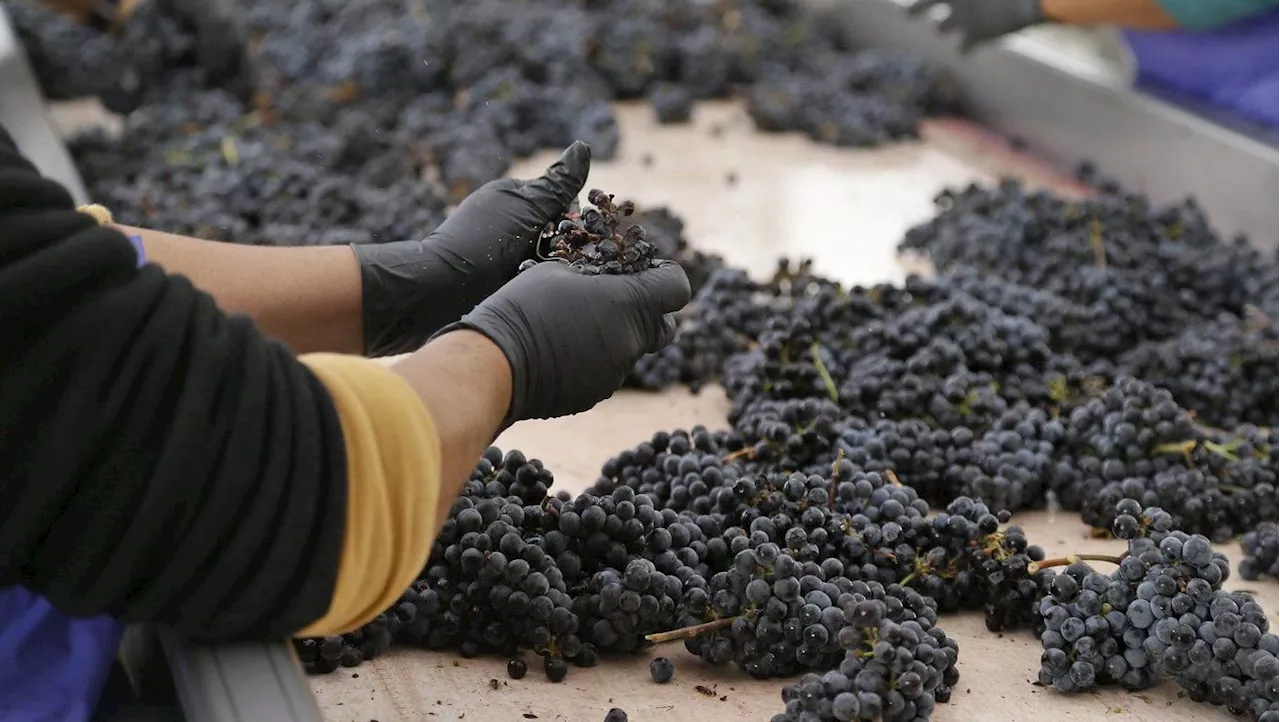 B.C. Winery Banned from Hiring Foreign Workers After Abuse AllegationsToor Vineyards in B.C.’s Okanagan Valley faces a permanent hiring ban and a $118,000 fine for failing to protect foreign workers from abuse and violating program rules.
B.C. Winery Banned from Hiring Foreign Workers After Abuse AllegationsToor Vineyards in B.C.’s Okanagan Valley faces a permanent hiring ban and a $118,000 fine for failing to protect foreign workers from abuse and violating program rules.
Read more »
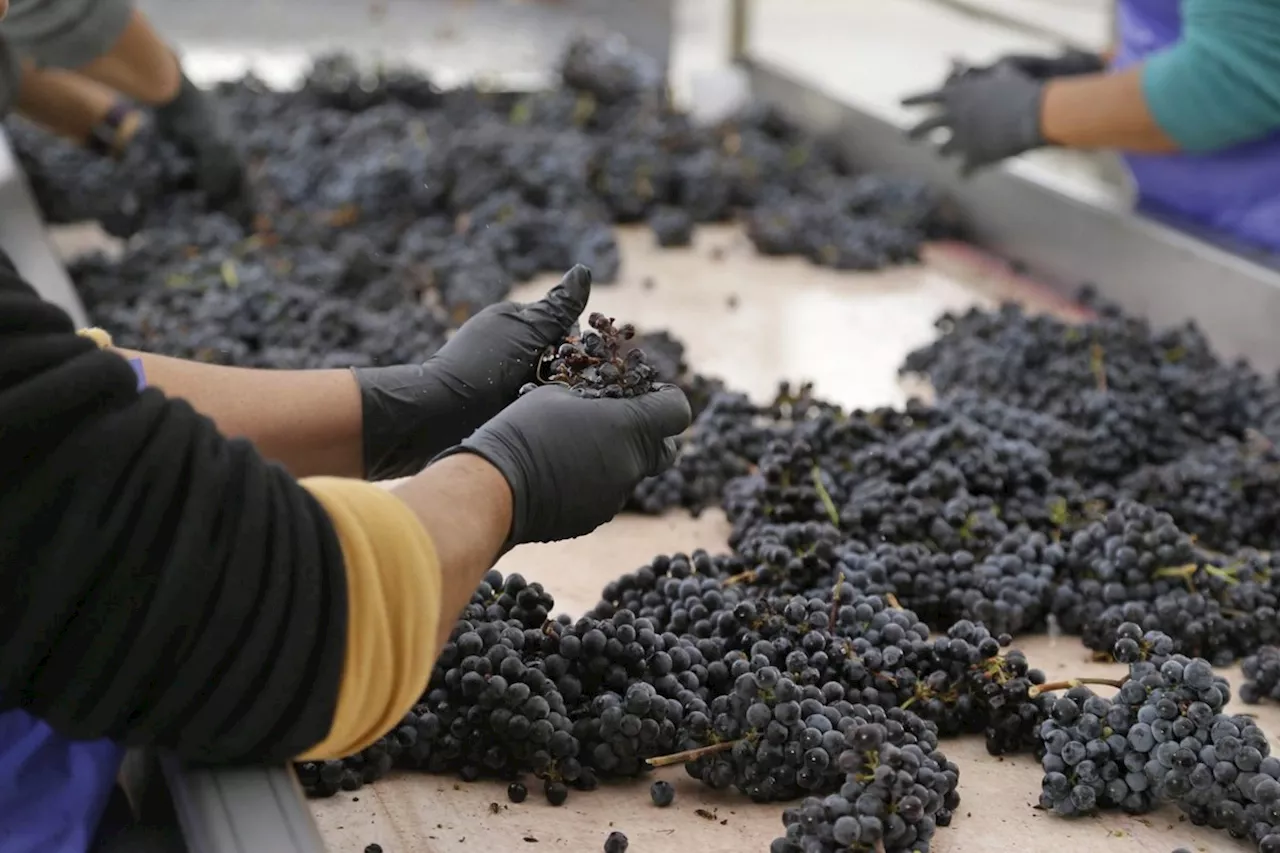 Okanagan Winery Banned From Hiring Foreign Workers After Abuse AllegationsA winery in British Columbia's Okanagan Valley has been permanently banned from hiring temporary foreign workers and fined $118,000 for breaking program rules. The ban comes after numerous reports of worker abuse and violations of the Temporary Foreign Worker Program.
Okanagan Winery Banned From Hiring Foreign Workers After Abuse AllegationsA winery in British Columbia's Okanagan Valley has been permanently banned from hiring temporary foreign workers and fined $118,000 for breaking program rules. The ban comes after numerous reports of worker abuse and violations of the Temporary Foreign Worker Program.
Read more »
